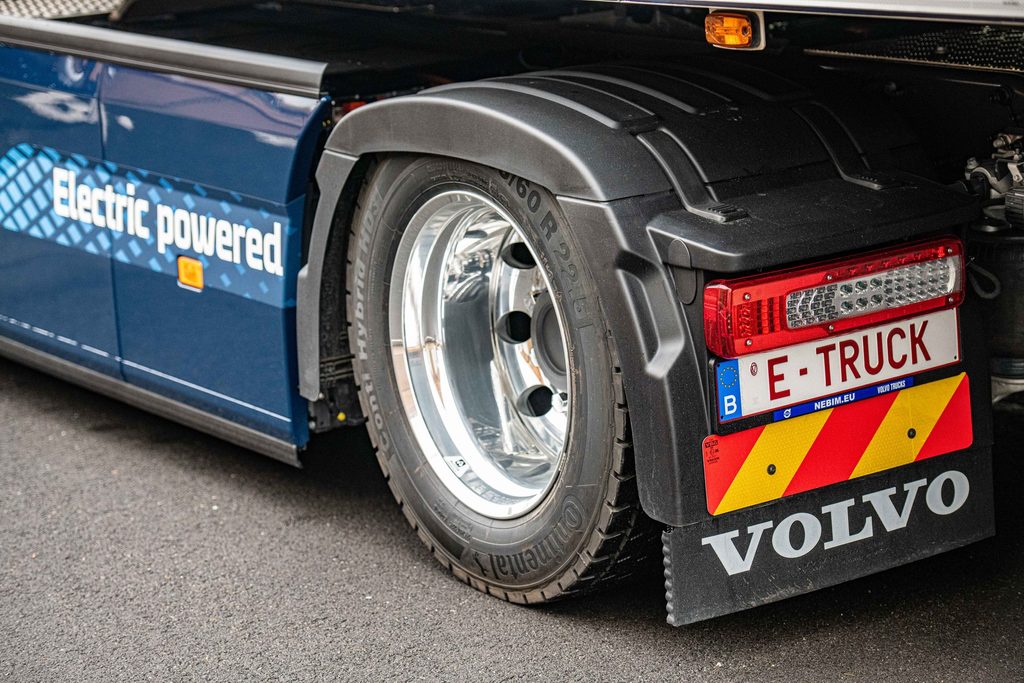In a groundbreaking experiment set to begin in September 2023, major infrastructure company Vinci will conduct road-based electric charging tests for lorries on the A10 motorway in France.
The experiment aims to charge electric lorries while they are in motion, and it will explore two innovative technologies: induction charging and conductor rail charging.
Induction charging offers a contactless method of charging vehicles by driving on a specially equipped road, requiring the installation of a dedicated module under the lorry. Conductor rail technology involves attaching a conductor rail to a movable arm under the lorry chassis.
Both technologies enable the lorry to recharge while driving, potentially eliminating the need for frequent stops at charging stations on long journeys.
Test projects
The experiment will take place on two small sections of the A10 motorway, each two kilometres long. If successful, this could pave the way for the development of dedicated electric charging corridors on major French roads, a major step towards sustainable transportation.
Similar projects are already underway in other parts of Europe. In Sweden, the eRoadArlanda has been operational since 2018, offering a 2-kilometre stretch of road with electric rails that allow lorries to recharge automatically while driving. Other countries like Germany are also testing facilities to supply energy and recharge batteries through a catenary system.
In addition to advancements in charging technology, the electric lorry market is seeing progress in production. Volvo Trucks Ghent in Belgium recently unveiled the first Belgian electric lorry for logistics company Katoen Natie. The FH Electric lorry boasts a range of 300 kilometres and a maximum load capacity of 44 tonnes.
While its current price of €350,000 is higher than that of a standard diesel lorry, it marks a significant step towards series production, with plans to cater to the entire European market.

Credit: Belga/Jonas Roosens
The Volvo Group is investing significantly in the Ghent site, with plans to install a battery module factory by 2025, representing an investment of around €75 million. This facility will supply batteries for the electric models produced in Ghent, helping to meet the rising demand for electric trucks in Europe.
Moreover, the Ghent site will witness the construction of a new logistics centre in 2024, dedicated to storing additional parts required for the production of new electric lorry models.
The ambitious goals set by the manufacturer include ensuring that at least 50% of Volvo trucks purchased worldwide are electric by 2030, signalling a strong commitment to sustainable transportation solutions.
Overall, these advancements in both charging infrastructure and electric truck production are encouraging steps towards a greener and more sustainable future for the transportation industry in Europe.

